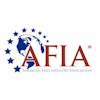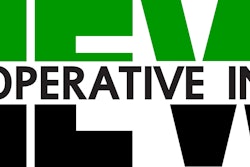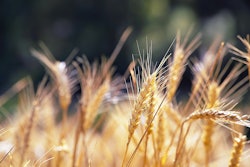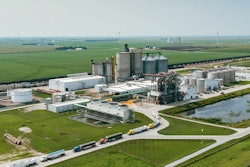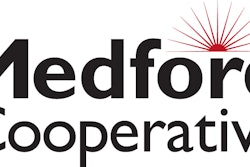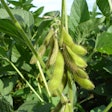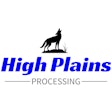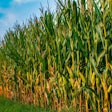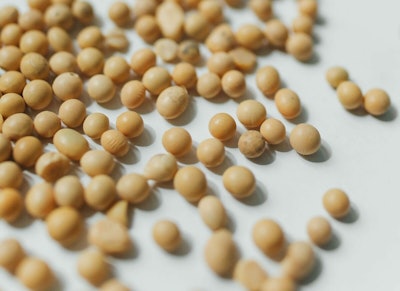
The U.S. Soy Sustainability Assurance Protocol (SSAP) has earned Silver Level Equivalence when benchmarked with the Sustainable Agriculture Initiative Platform (SAI Platform)’s Farm Sustainability Assessment (FSA) 3.0, a major takeaway from Soy Connext, the global soy summit hosted by the U.S. Soybean Export Council (USSEC), with support from the Soy Checkoff.
After two days of expert speakers and connection building in San Diego, more than 600 buyers and sellers of U.S. soy are leaving with a better understanding of the value and advantages delivered by the U.S. soybean industry.
“We’re so glad to have had the opportunity to come together in person to strengthen relationships with U.S. Soy’s international customers and industry partners,” said Jim Sutter, USSEC CEO.
“During this year’s forum we heard three recurring themes – we’re in transformative and volatile times, supply chains continue to face challenges, and consumers are calling for reduced carbon footprints and increased transparency. Soy Connext provides an excellent forum to collaborate so companies can leverage U.S. Soy’s superior quality, reliability, and sustainability in response to these challenges.”
Soybean Sustainability Assurance Protocol provides verified sustainable soybean production on a national scale
The U.S. Soybean Sustainability Assurance Protocol (SSAP)’s aggregate approach was recently benchmarked with the SAI Platform’s FSA.
The SSAP provides verified sustainable soybean production on a national scale for U.S. soybean farmers. The benchmark eases the process for food and beverage sector to assess, improve and validate on-farm sustainability in their supply chains with U.S. soy.
“This designation is important for international customers of U.S. Soy and holds the potential to expand markets, especially in Europe where demand for FSA designated soybeans is greater,” said Abby Rinne, sustainability director at USSEC.
“The biodiversity, conservation practices, health and welfare, and continuous improvements that U.S. Soy farmers demonstrate every season are the foundations of the SSAP and what helped U.S. Soy achieve verification. Food companies are looking for more ways to demonstrate the sustainability of their supply chains and U.S. Soy is committed to help them meet their customer and consumer expectations.”
Silver Level Equivalence designation is the latest third-party recognition of the sustainability of U.S. soy
The FSA Silver Level Equivalence designation is the latest third-party recognition of the sustainability of U.S. soy.
It joins the European Feed Manufacturers Organization (FEFAC), Global Seafood Alliance: Best Aquaculture Practices – Sustainable Feed, The Consumer Goods Forum, the Tokyo 2020 Olympics, and the UK Roundtable on Sustainable Soya, all of which have already positively benchmarked the SSAP.
"The benchmark of SSAP against the FSA recognizes the excellent sustainability efforts that the program is making with regards to U.S. soy. The benchmark also offers the opportunity for U.S.-based farmers to better reach international markets as the FSA is a globally accepted definition and framework of what on-farm sustainability looks like," said Joe Iveson, FSA Manager.
The U.S. Soy differentiation is being recognized with SSAP verified exports up 33% compared to the same time period one year ago, and as of July 28, 2022, they make up 58% of total exports (approx. 64 MMT) for the current marketing year.
Additionally, the Sustainable U.S. Soy label is featured on more than 850 product packs internationally.
Conference participants from 64 countries were in attendance for Soy Connext, learning of U.S. Soy’s status of providing superior quality and having the lowest carbon footprint versus soy of other origins.
Teams from 38 countries are expanding their U.S. Soy experience and education through industry tours focused on soybean farms and export operations across the U.S.

